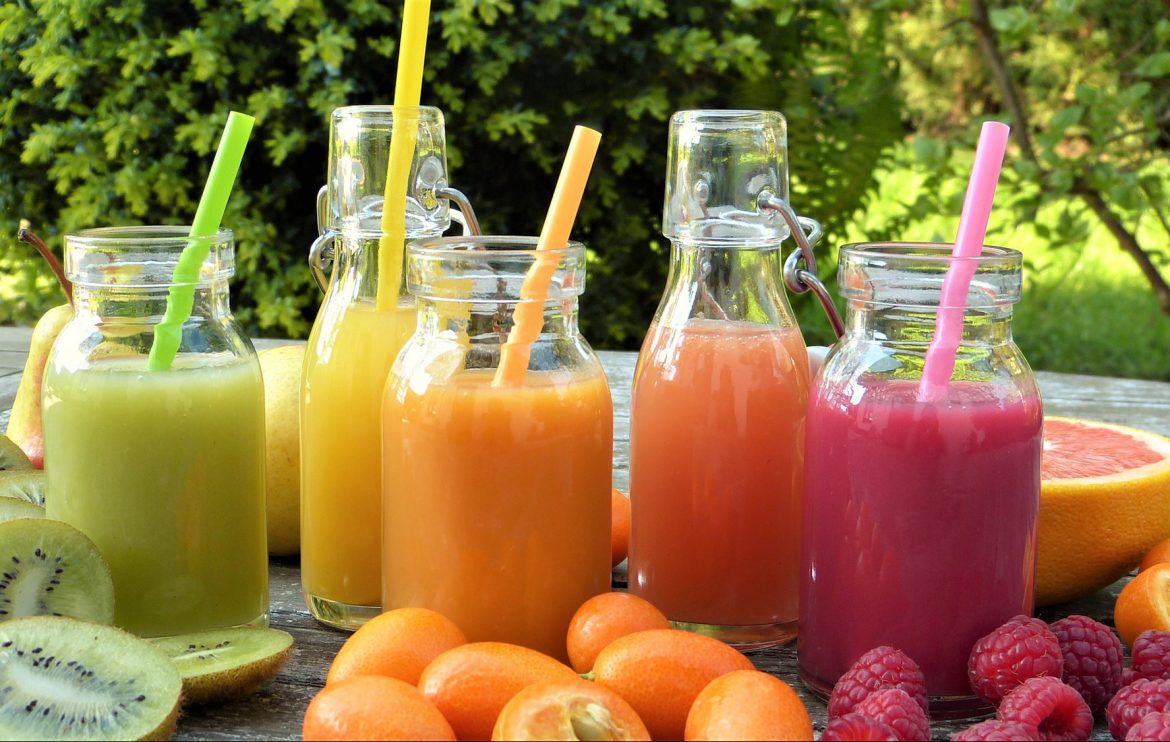Juice diets have recently emerged as a popular choice. So, what are they, and what are their advantages?
Addressing these questions, Nicholas Schvartz, a lecturer at the German University for Prevention and Health Management, clarified that a juice-based diet involves the consumption of vegetable and fruit juices, along with water, tea, and vegetable soup exclusively, while completely abstaining from solid foods for a duration not exceeding one week.
Schvartz additionally highlighted that an individual can consume up to 6 servings of vegetable and fruit juices daily, each serving ranging from 250 to 500 millilitres. This totals a quantity ranging from one to one and a half litres.
It is crucial to spread out these servings throughout the day, instead of consuming them all at once; otherwise, blood sugar levels may fluctuate rapidly, causing decreased energy.
Vitamins and minerals
Schvartz emphasized that vegetable and fruit juices supply the body with essential vitamins, minerals, secondary plant compounds, and dietary fibre, Stressing that adhering to a juice-based diet for a week may contribute to weight loss, ranging from 1 to 1.5 kilograms, and even 3 to 5 kilograms.
However, he noted that the weight loss primarily involves a significant amount of water rather than pure fat.
Moreover, this diet helps in relieving the digestive system’s burden, fostering an enhanced overall sense of well-being.
Unilateral Nutrition
On the other hand, German nutrition expert Antia Gall explained that a juice-based diet represents unbalanced nutrition, lacking in proteins and essential fatty acids.
Consequently, individuals with chronic conditions such as diabetes, high blood pressure, liver and kidney diseases, and thyroid disorders should consult a doctor before embracing this diet.
This cautionary recommendation extends to cancer patients, pregnant and breastfeeding women, elderly and children.













